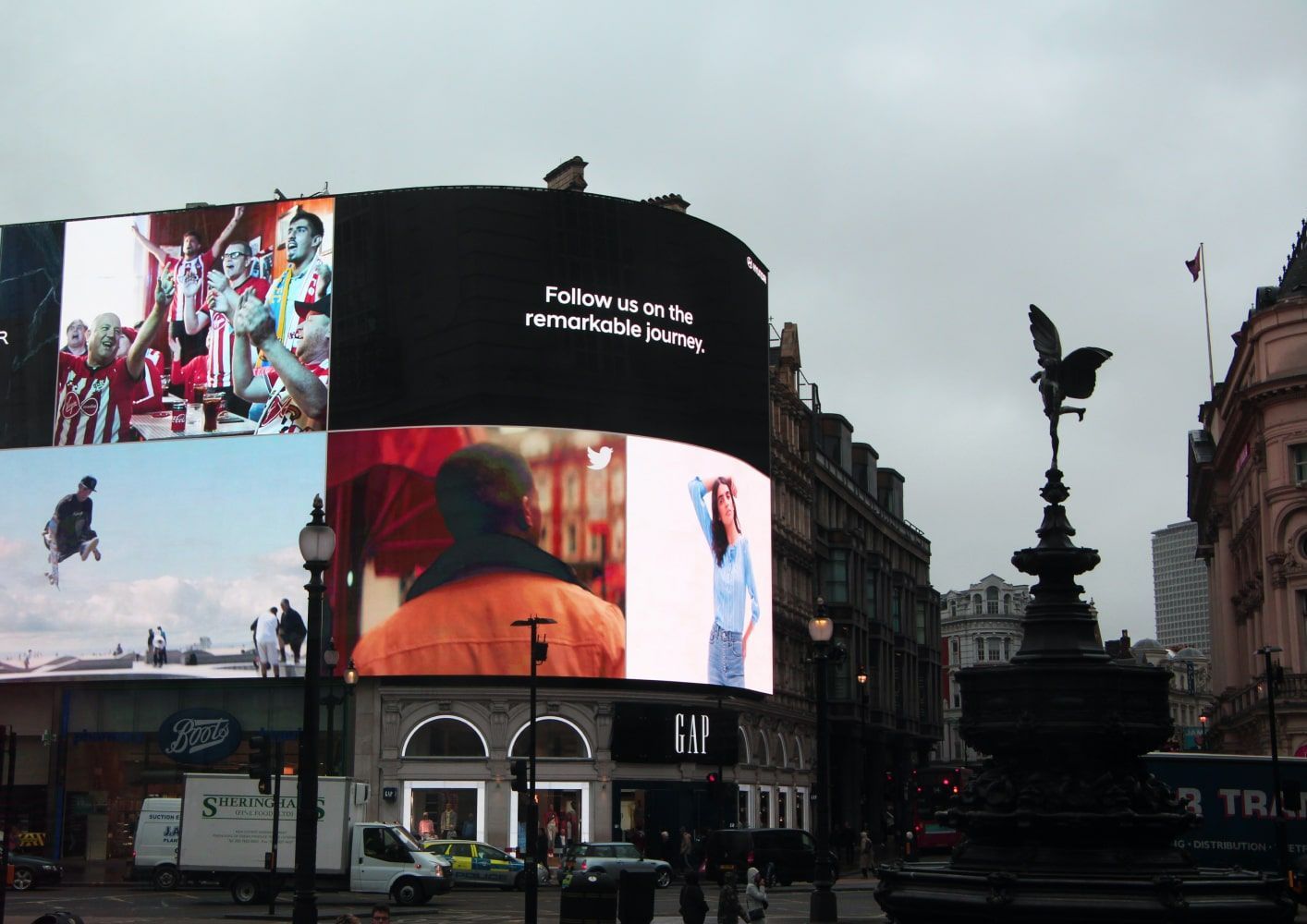Blog>Deceptive Advertising and How it Affects Society (With Examples)
Deceptive Advertising and How it Affects Society (With Examples)

2018-11-30T12:16:00.000Z
Have you ever felt personally deceived by adverts…?
We all know that an advert aims to entice you to buy what they are promoting, but there is a fine line between making the item look desirable and misleading people. It seems that many retailers have forgotten.
Deceptive advertising in the food industry
I was inspired to write this piece after coming across this video while scrolling through my LinkedIn feed, as you do…
After watching McDonald’s new advert, I felt quite cheated. Now, I’m not implying that I am going to walk past a McDonald’s ad believing that my Big Mac is going to turn out like this, but what really grinds my gears is when retailers take it to the extreme and plain-out lie about what a product/service offers.
For example, Activia released an ordinary yoghurt and claimed that it could prevent colds and flu by branding it with ‘clinically’-tested and ‘scientifically proven’ which was, yes you guessed it, a complete lie.
This then led to a lawsuit against Dannon which resulted in a $45 million pay-out and were ordered to remove “clinically” and “scientifically proven” from their labels.
Deceptive advertising within beauty
Nivea – My Silhouette Cream
Nivea released My Silhouette – a body cream that if used regularly will ‘significantly’ reduce your body size.
One of their TV ads for the campaign displayed a woman getting dressed after having applied Nivea My Silhouette cream to her stomach and thighs. She rummages through the back of her wardrobe, tries on a pair of old jeans, and discovers that they now fit.
During the ad, the voice-over says;
“New Nivea My Silhouette with Bio-Slim Complex helps redefine the appearance of your silhouette and noticeably firm skin in just four weeks. So, you can rediscover your favourite jeans and how they still get his attention.”
For one, women do not wear clothes for men, and two – no cream can do this. To cut a long story short, Nivea had to pay $900,000 in settlement fees for their misleading ads and had to stop producing the My Silhouette cream. What I think is terrible is that they use women’s insecurities for their own financial benefit, which really doesn’t sit well with a lot of people.
Rimmel London – Scandaleyes Reloaded
Rimmel London fell under scrutiny again for portraying an unrealistic picture of the ‘volumising’ and ‘lengthening’ benefits of their Scandaleyes RELOADED mascara.
Makeup brands are always under pressure to stop excessively editing photos and using fake eyelashes. The Advertising Standards Authority made an example of Rimmel and banned Cara Delevingne’s ad campaign to remind the industry about the rules regarding artificially enhancing particular effects of products.
What I find annoying is that they didn’t exactly apologise, they merely admitted to ‘filling in the gaps’, creating a ‘uniform lash time’ and that post-production techniques were used to ‘re-draw’ some of the model’s lashes, as apparently, they weren’t visible due to Cara’s eyeshadow.
Now if you ask me if that much effort had to go into promoting their product, then maybe Rimmel need to go back to the drawing board as their mascara should create all the desired effects without editing.
How does deceptive advertising impact society?
We are living in a society that is very heavily influenced by looks and material goods, so when brands decide to advertise a product unethically, they are creating an unrealistic image for people to aspire to.
In the UK alone, 16 million people are living with mental health problems, with depression being the leading global disability worldwide.
In Jan 2018, it was reported that suicide is the biggest killer of young people age 20-34. This statistic saddens me, being 21 myself and experiencing all kinds of pressures from society – so I can see why depression is becoming so prominent in our daily lives.
In 2018, why do brands still think it is okay to deceive the public when they know the impact of promoting unrealistic expectations on society? What I can’t comprehend is how retailers don’t think implementing certain practices won’t be detrimental to their business.
Consumers should not be conned. Speaking from personal experience, they will retaliate by voicing their opinions via word-of-mouth and social media or merely boycott the brand, which could ruin their reputation and business.
If you’re a retailer and think it’s a good idea to use this form of deceptive advertising, then consider the effect that misleading people has on a person, your employees and your reputation, as this will all be influenced by your decision to be ethical or not. [Are you looking for help with ethical advertising? Read more about our advertising services here.
Our use of cookies
onqor.com uses cookies, some are necessary for the operation of the website and some are designed to improve your experience. For more information, click here.
Necessary cookies
Are essential to move around onqor.com and use its core functionality and enhanced features. Without these cookies, services you have asked for cannot be provided.
Functional cookies
Allow onqor.com to remember choices you make to give you better functionality and personal features.
Performance cookies
Help improve the performance of onqor.com by collecting and reporting information about how you use the website.